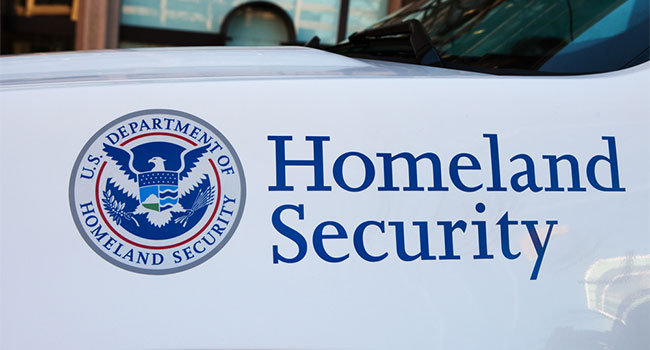
Senate Approves Legislation Dedicated To Assisting Governments, Private Sector With Cyber Attacks
The chamber also approved funding for the Department of Homeland Security’s cyber arm, with $1 billion dedicated solely to cybersecurity.
- By Haley Samsel
- Sep 27, 2019
In the wake of growing ransomware attacks on small businesses and local governments, the Senate passed legislation on Tuesday that could improve the federal government’s ability to respond and assist organizations in the public and private sectors with cyber attacks.
The bill, called the DHS Cyber Hunt and Incident Response Teams Act, requires the Department of Homeland Security to create and maintain groups that can be deployed to help companies and governments if they are attacked. In addition, the “teams” could help identify vulnerabilities that allow cyber attacks to take place, The Hill reported.
Fighting ransomware attacks has become a bipartisan issue, with the Democrat-controlled House already passing a similar bill in June. Senate Minority Leader Chuck Schumer of New York has pointed to the legislation as a way for the federal government to assist small organizations that have increasingly been the targets of ransomware attacks, which demand payment in return for access to computer systems.
Schumer said his own state has been “under siege” from ransomware, likely in reference to attacks that have forced school districts to cancel days of school in order to get their systems in order.
“That’s why ... I’m pushing a two-pronged effort to fight back against these cyber crooks by urging Congress to quickly pass the bipartisan DHS Cyber Hunt and Incident Response Team Act and by calling on the FBI to quickly and thoroughly investigate the incidents that have plagued New York and then brief Congress,” he said at a Monday event, according to The Hill.
Now, the House must approve the amended Senate bill before it can be sent to President Trump to be signed into law.
Lawmakers in the Senate also made moves on Tuesday that will affect funding for DHS and its cyber arm, the Cybersecurity and Infrastructure Security Agency. The Homeland Security subcommittee approved the DHS budget, which dedicates $2 billion to CISA and $1 billion to cybersecurity specifically, according to POLITICO.
About the Author
Haley Samsel is an Associate Content Editor for the Infrastructure Solutions Group at 1105 Media.